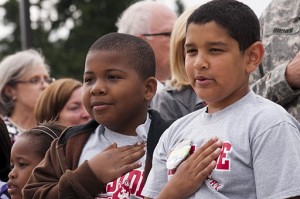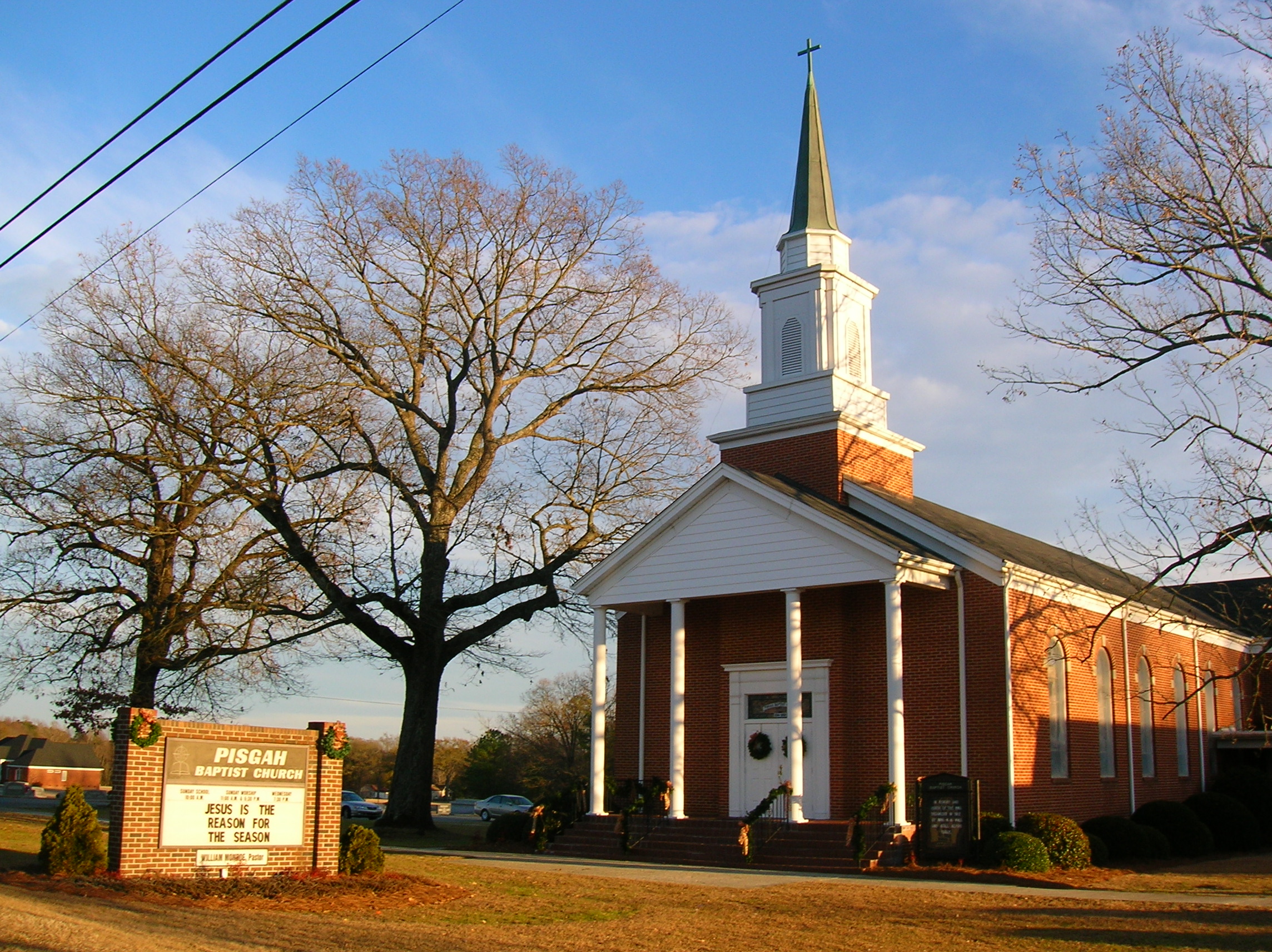 What appears to be the largest study to date examining the outcomes of children in same-sex households has demonstrated, once again, that children do best with a married mom and dad.
What appears to be the largest study to date examining the outcomes of children in same-sex households has demonstrated, once again, that children do best with a married mom and dad.
After examining more than 500 children with same-sex parents chosen from an overall sample of more than 200,000 children, the study–which appeared in last month’s British Journal of Education, Society, and Behavioral Research—concluded that emotional problems were more than twice as prevalent among children with same-sex parents as opposed to children with opposite-sex parents.
“At minimum,” Dr. Paul Sullins, the study’s author, writes, “it is no longer accurate to claim that no study has found children in same-sex families to be disadvantaged relative to those in opposite-sex families.”
Among other things, the study found children ages 4 – 17 years with same-sex parents were more likely:
- To see a mental health professional;
- To report higher rates of ADHD;
- To suffer from learning disabilities;
- To suffer from serious emotional problems.
What is particularly striking about this study is that it also found children with same-sex parents reported being bullied at a rate comparable to that of children with opposite-sex parents. In other words, having same-sex parents does not appear to increase a child’s likelihood of being bullied at school or elsewhere.
Concerning bullying and stigmatization, the author writes,
“In sum, while the experience of peer rejection, abuse or stigmatization is strongly associated with child emotional problems, it appears that the rate of abuse and susceptibility to emotional distress due to stigmatization does not differentiate sharply between children in same-sex and opposite-sex families.”
The study’s author concludes,
“Whether or not same-sex families attain the legal right, as opposite-sex couples now have, to solemnize their relationship in civil marriage, the two family forms will continue to have fundamentally different, even contrasting, effects on the biological component of child wellbeing, to the relative detriment of children in same-sex families. Functionally, opposite-sex marriage is a social practice that, as much as possible, ensures to children the joint care of both biological parents, with the attendant benefits that brings; same-sex marriage ensures the opposite.”
To put those words another way: There simply is no replacement for a married mother and father.
You can download the study here.
You can find further commentary on this study and others here.
READ MORE


 What appears to be the largest study to date examining the outcomes of children in same-sex households has demonstrated,
What appears to be the largest study to date examining the outcomes of children in same-sex households has demonstrated,